A Theoretical
Platform
Publications TazkarPublications
The Routledge Reader in Gender and Performance
“What do women want (in and of theatre)?” These questions are bound up in wider issues of women’s roles and work in the types of representation with which live theatre and dramatic writing differently engage, including: self-identity; the identity of women as a cultural and/or political grouping; the nature of gender-identities themselves; the specificities of theatre and theatricalities; and the relationship of writing to theatrical presentations and representations. …
More →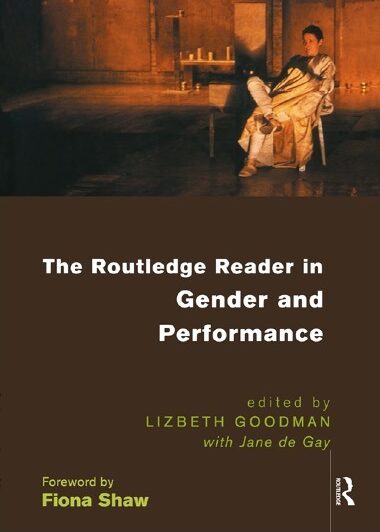
Essential Essays: Foundations of Cultural Studies–Vol. 1
Chapter’s summary:
Stuart Hall begins his argument by paying to the periodization in the study of popular culture and these questions that: Are the major breaks largely descriptive? Do they arise largely from within popular culture itself or from factors which are outside of but impinge on it? With what other movements and periodizations is “popular culture” most revealingly linked? …
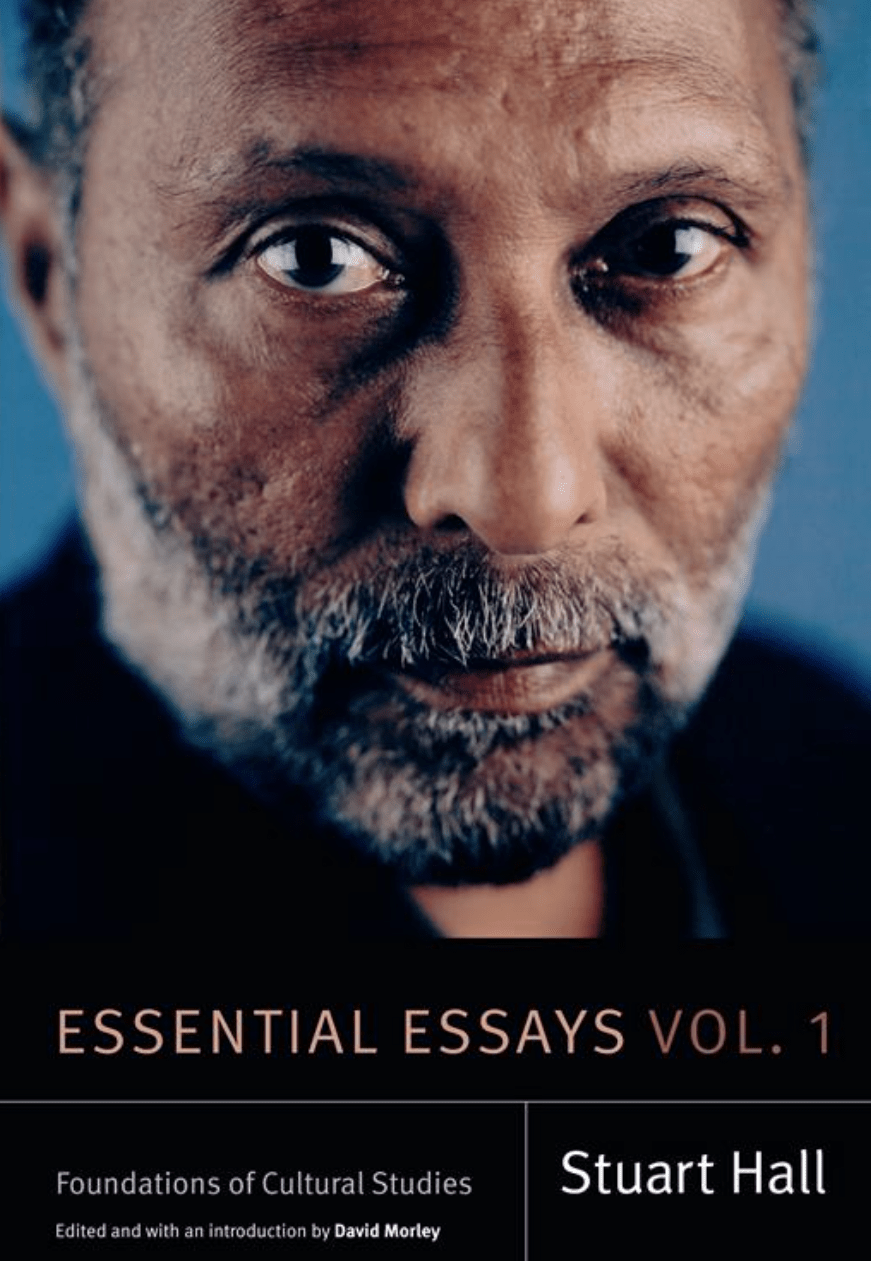
Questions of Cultural Identity
Introduction’s Summary:
Stuart Hall, a sociologist and cultural theorist, in his introduction to Questions of Cultural Identity applies concepts of “identity” and “identification” as well as their emergence within the play of specific modalities of power to answer the question that “Who needs identity?” With reference to the deconstruction, he begins his argument by being critical of the notion of an integral, originary and unified identity…
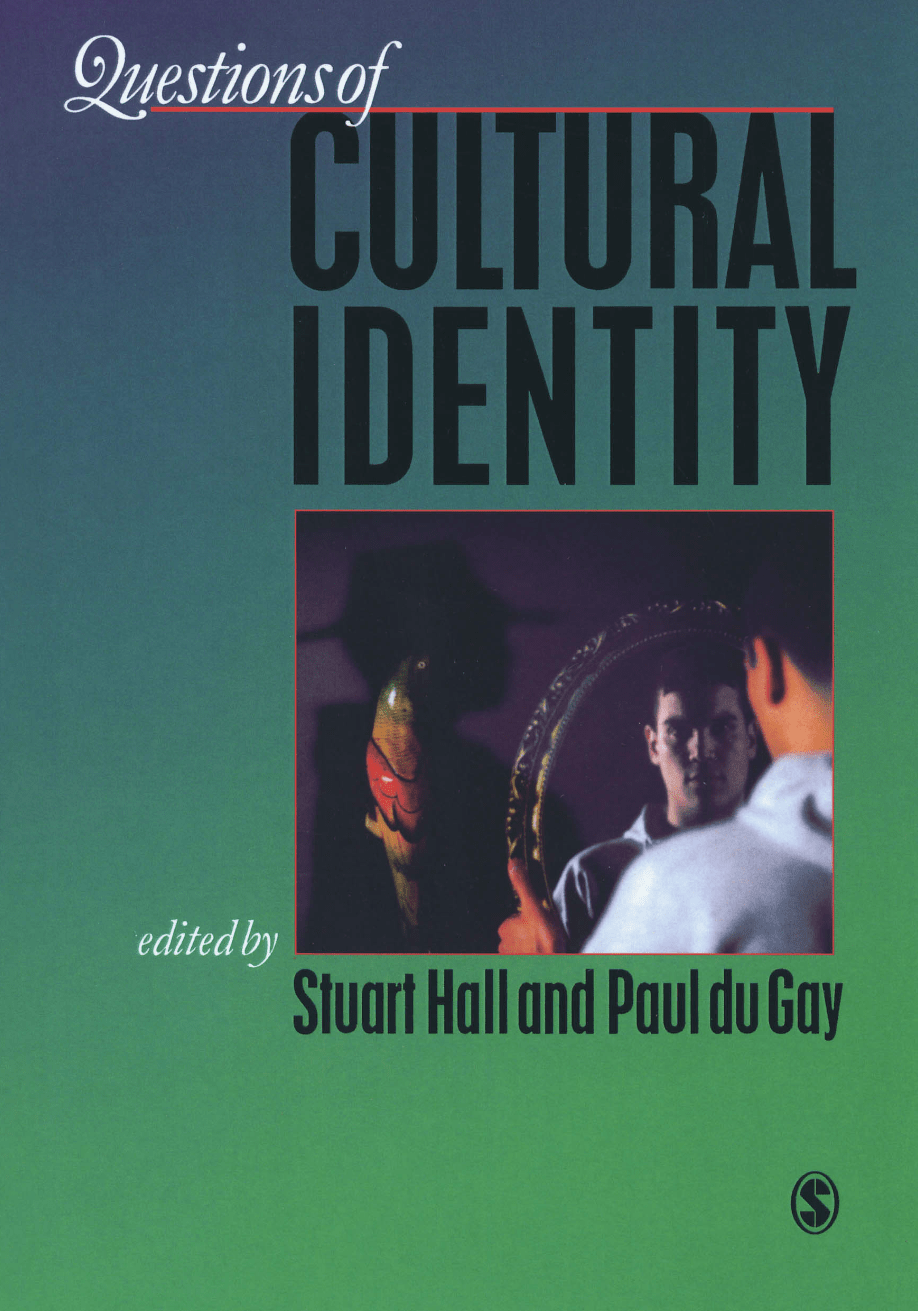
The Practice of Everyday Life
Introduction’s Summary:
The aim of this research is investigation of the ways in which users—commonly assumed to be passive and guided by established rules—operate. What is important in this study is that everyday practices, “ways of operating” or doing things, no longer appear as merely the obscure background of social activity, and if a body of theoretical questions, methods, categories, and perspectives, by penetrating this obscurity, make it possible to articulate them. …
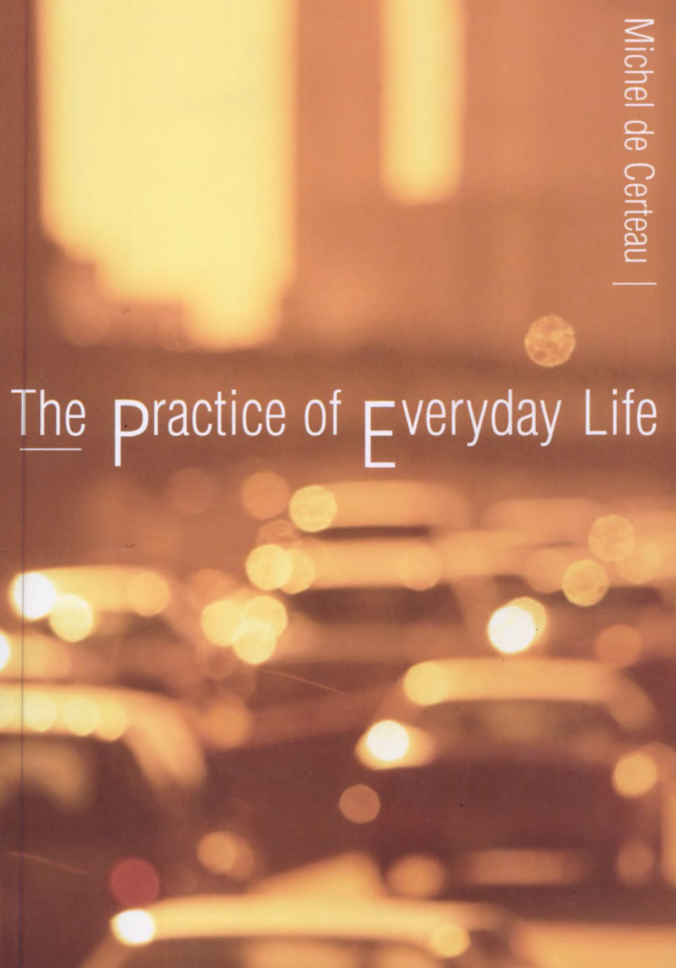
Being and Event
Summary of Preface & Introduction:
According to Alain Badiou his book Being and Event did not lend itself to immediate comprehension. It was at the end of the eighties, in full intellectual regression. What was fashionable was moral philosophy disguised as political philosophy. Anywhere you turned someone was defending human rights, the respect for the other, and the return to Kant. Indignant protests were made about ‘totalitarianism’ and a united front was assembled against radical Evil. A kind of flabby reactionary philosophy insinuated itself everywhere. …
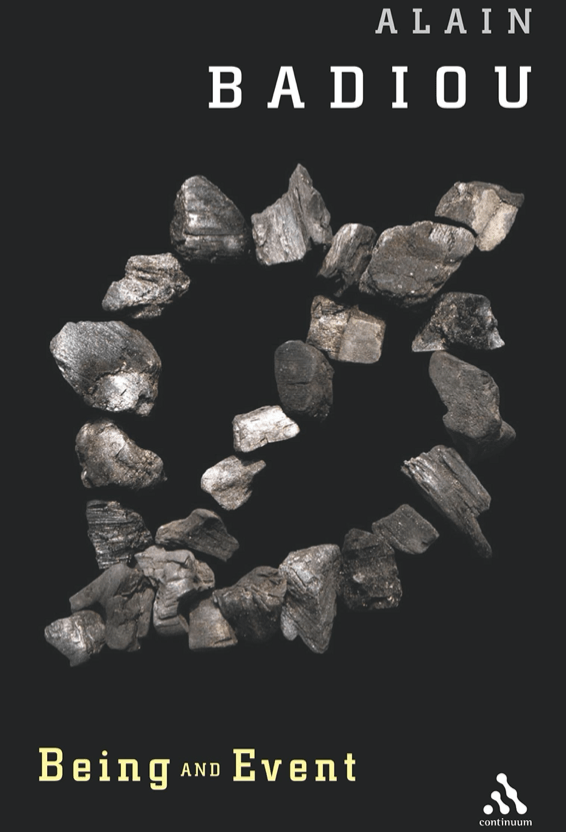
Non-Representational Theory and the Creative Arts
Book Summary:
Non-Representational Theory and the Creative Arts at the same time that concentrates on non-representation and its necessity in the contemporary world, with an eye on the concept of “space” lets artists and geographers with creative practices to introduce their interdisciplinary methods in art. The book has four main parts in which a group of artist-academics and geographers discuss their creative art/research …
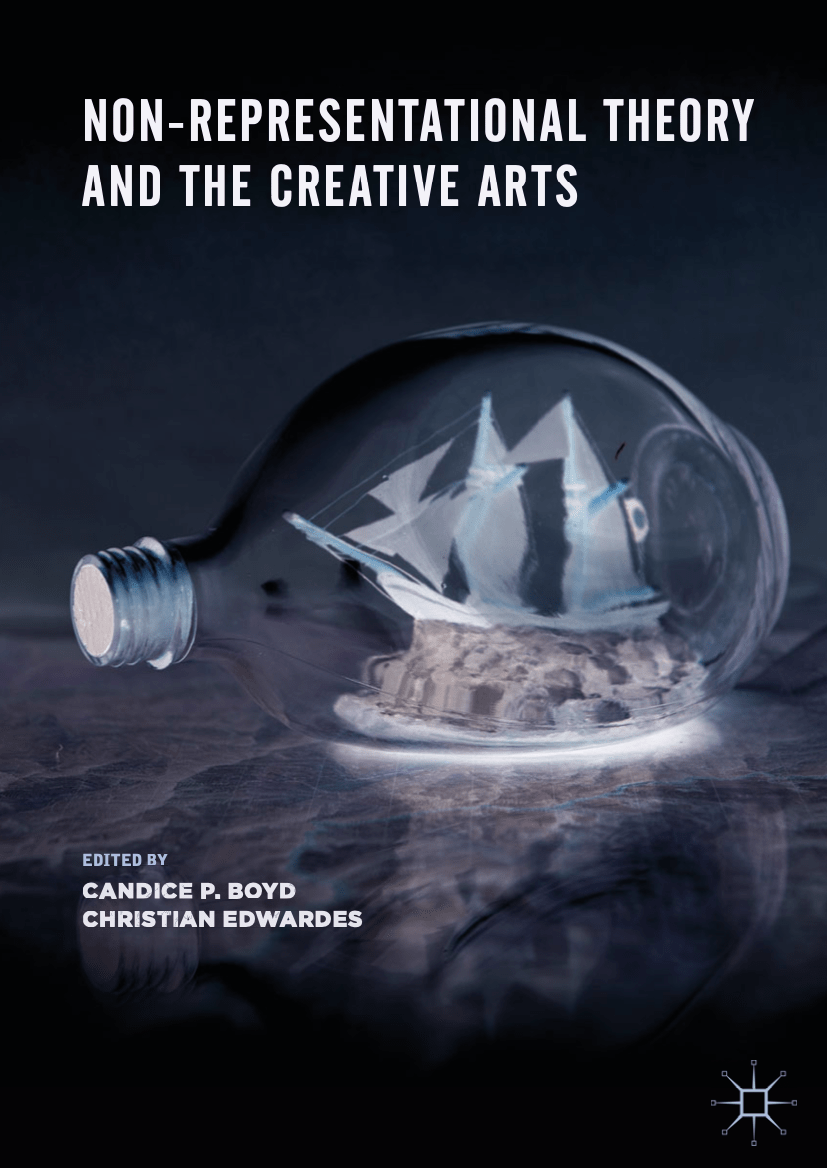
The Body in Everyday Life
Editors’ Review:
The Body in Everyday Life is to tell us about the ways people experience their bodies from the perspective of people themselves meanwhile their bodies play a salience role in creation and recreation of everyday life. The authors contribute more empirical studies to answer such questions as “how people think about their bodies? Do people think about…
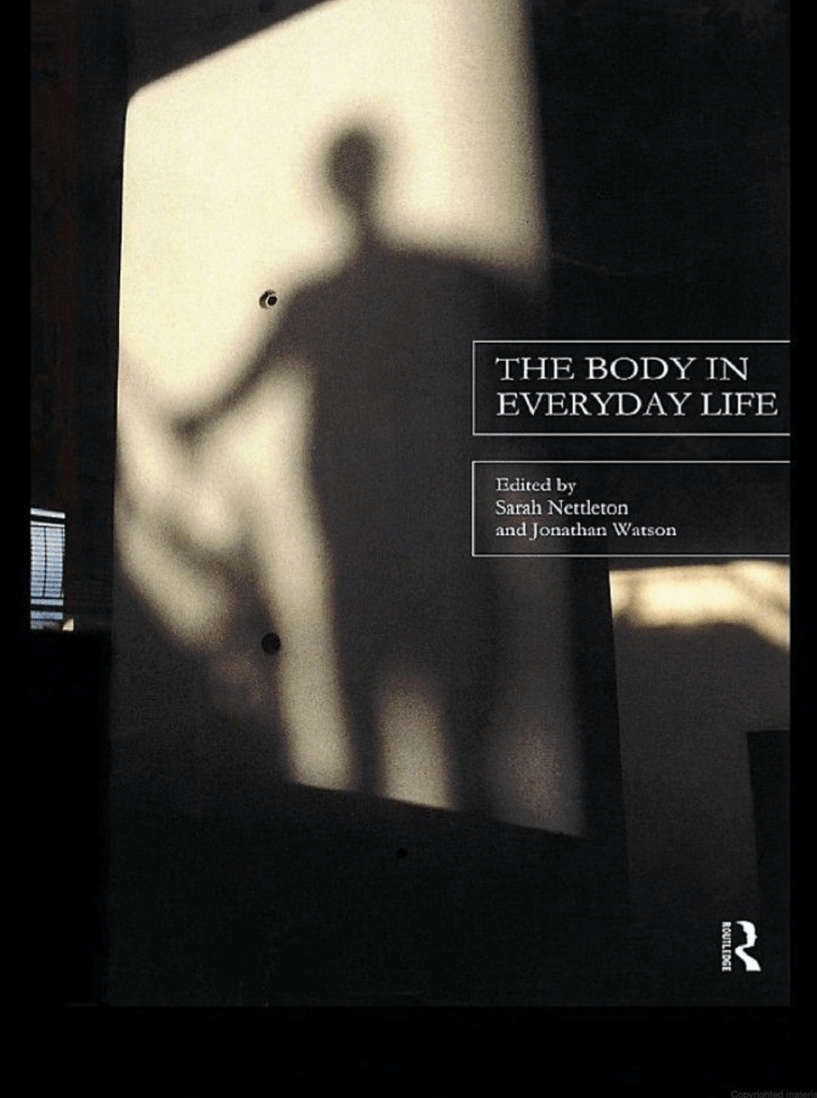
Moving Images, Mobile Bodies: The Poetics and Practice of Corporeality in Visual and Performing Arts
Introduction’s Summary:
In his introduction to the book, Horea Avram points to the core of essays in this publication: “the intricate encounters and interplay between image and body, between visuality and corporeality, between movement and mobility.” By pointing to these terms, he tends to give notice to the various concepts and fields of research…
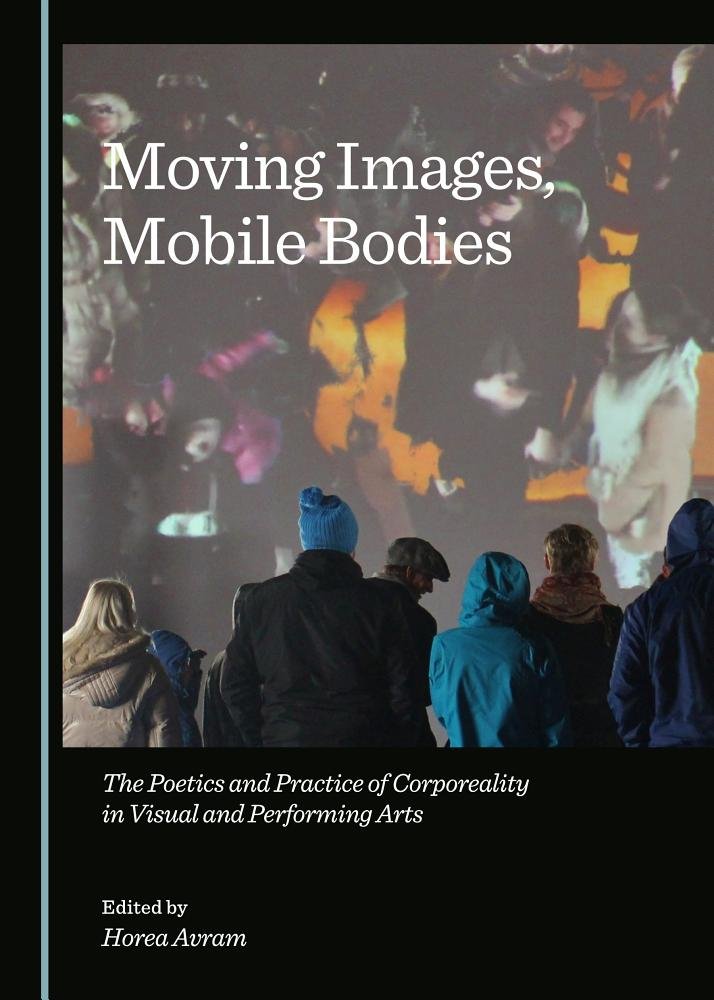
 platform
platform